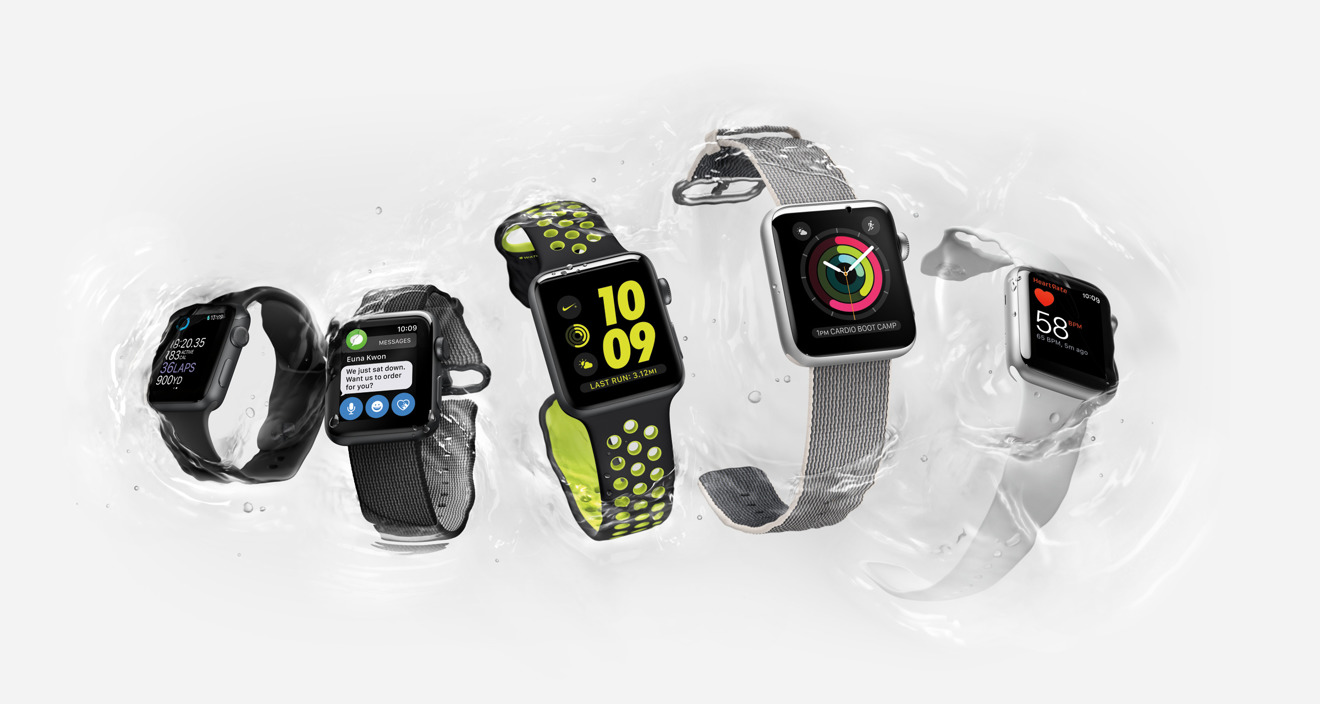Aetna will be giving both its workers and some customers discounts on the Apple Watch, the U.S. health insurance giant said on Tuesday in a joint announcement with Apple.
The company's own workforce of nearly 50,000 people will be eligible to get Watches for free. Bloomberg reported that businesses contracting with Aetna will have to decide on their own whether to adopt the wearable, and if so, how it'll be subsidized.
To this Aetna added that it's currently developing apps for Apple products that will serve a number of purposes, from reminding people to take medicines through ordering refills, checking insurance benefits, and paying bills via the Wallet app. It's not clear if that will include Apple Pay, but in any case, the new apps should be ready sometime in 2017.
Apple is likely to benefit not just from immediate sales but further tying people into its ecosystem, possible sales to other insurers, and carving out a bigger niche in the corporate fitness tracker market.
That space has so far been controlled by Fitbit, which for three years has been selling trackers to businesses wanting to cut down on insurance costs by encouraging more exercise. Aetna in fact claimed that it's the first major U.S. healthcare firm to subsidize most or all of the Watch's cost.
Apple just recently launched the Series 2, an upgrade of the Watch with waterproofing and built-in GPS. Series 1 models are also available, simply upgrading the original Watch with a faster processor.
 Roger Fingas
Roger Fingas








 Marko Zivkovic
Marko Zivkovic
 Christine McKee
Christine McKee
 Andrew Orr
Andrew Orr
 Andrew O'Hara
Andrew O'Hara
 William Gallagher
William Gallagher

 Mike Wuerthele
Mike Wuerthele
 Bon Adamson
Bon Adamson




-m.jpg)



36 Comments
It's not really free, is it? I'm under the impression it's a $130 credit toward an Apple Watch, plus a $200 "wellness reimbursement," for a total of $330. The $200 can be used toward many other devices, and they've had that for at least a couple years now.
One thing that would be good (but also scary), would be to provide the Watch free or discounted, and nice discounts to people who keep up with daily exercising, standing, and steps through the activity app of the Apple Watch. That way people can stay healthy, save money, and in theory, save the insurer money since someone who exercises regularly probably has statistically less claims in their lifetime. But I also foresee the privacy issues with sending your personal data to your health insurer and the downsides to the unfairness of people who can't exercise having to pay "higher" rates.
And this is how you know Apple Watch will have a real impact on peoples health. If there's one group of people who run the numbers on everything to determine risks and benefits it would be insurance companies. They're betting that even the small things that could be done on an Apple Watch (medication reminders or tracking movement) can add up to make a meaningful impact both one peoples health and on their bottom lines.
Since my girlfriend started working at Apple I'll finally get one since she gets 50% of plus an additional 25% off for being a hero product. Going to be hard to not have my Citizen Eco-Drive but I'll at least try it for the price now.